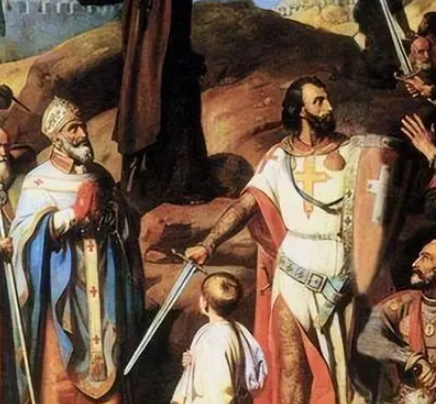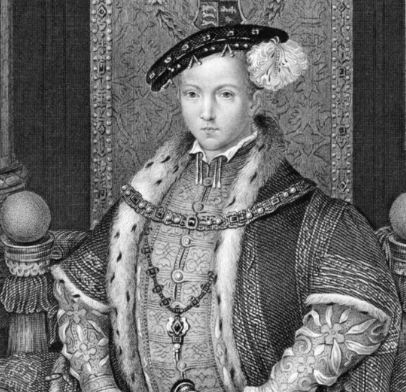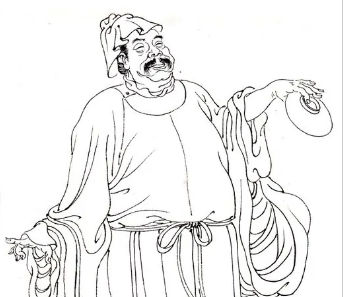In the long river of history, there once existed a vast empire that spanned three continents of Asia, Europe, and Africa - the Ottoman Empire. This Islamic dynasty, which emerged in the late 13th century, reached its peak when it almost touched every corner of Europe. However, by the early 20th century, it ultimately failed to escape the judgment of history and embarked on an irreversible path of disintegration. This article aims to explore the reasons for the Ottoman Empire's collapse, which are intricate and complex, encompassing both internal factors and external pressures.

Firstly, internal ethnic issues and religious conflicts were significant contributors to the Ottoman Empire's disintegration. The empire was inhabited by various ethnic and religious groups, such as Turks, Arabs, Kurds, Armenians, and Greeks. For a long time, the Ottoman rulers attempted to manage these diverse groups through the "millet system," but with the awakening of nationalism, the desire for autonomy and even independence among these groups grew increasingly strong, leading to the intensification of internal conflicts.
Secondly, the empire's economic problems posed a severe threat to its stability. With the advancement of industrialization, the economies of Western countries rapidly developed, while the Ottoman Empire failed to carry out timely modernization reforms, resulting in its economic development lagging far behind European countries. Additionally, ongoing wars and military expansions consumed vast resources, leading to deteriorating fiscal conditions, accumulating debts, and ultimately plunging the empire into an economic crisis.
Thirdly, political corruption and the inefficiency and incompetence of the bureaucratic system were critical factors in the empire's collapse. Frequent instances of powerful officials manipulating politics and intra-palace rivalries, coupled with the bureaucratic system's low efficiency and weak law enforcement, all undermined the authority and control of the central government, exacerbating political instability.
Lastly, the interference of external forces also contributed to the Ottoman Empire's disintegration. As the "great power rivalry" intensified, European powers frequently intervened in Ottoman internal affairs to vie for interests and influence, even directly seizing territory through war. This external pressure reduced the Ottoman Empire's status on the international stage, gradually reducing it to a "sick man" of Europe.
In summary, the Ottoman Empire's collapse was a historical process that was not accidental but the result of multiple factors interacting. From the intensification of internal ethnic and religious conflicts to the lag in economic development, from political corruption and inefficient bureaucratic systems to external interference and exploitation by great powers, these factors intertwined and ultimately led to the collapse of the once-glorious Ottoman Empire. The wheel of history rolls forward, and the Ottoman Empire's collapse reminds us that even the most powerful empires cannot escape the test of history. Only by constantly adapting to changes and actively responding to challenges can we avoid the repetition of history.
Disclaimer: The above content is sourced from the internet and the copyright belongs to the original author. If there is any infringement of your original copyright, please inform us and we will delete the relevant content as soon as possible.
































